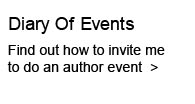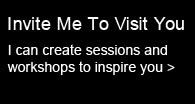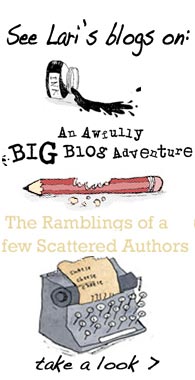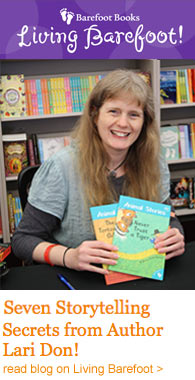My Writing
Books that inspire me
I am still inspired by the books I read as a child, books by fabulous authors like Diana Wynne Jones, CS Lewis and Rosemary Sutcliffe. Now I use the excuse of being a children’s writer to read lots of new young adult and children’s books too. Recently I have thoroughly enjoyed books by Rick Riordan, Jonathan Stroud, Robin Stevens and Frances Hardinge. Books by any of these authors, and many many more, remind me that some of the best, fastest, most exciting and most original stories are being written right now for children and young adults.
But I try not to get my ideas for stories from books other people have already written. I am inspired by newspaper stories I glimpse over people’s shoulders on buses, non-fiction books about wildlife and geology, sudden memories of childhood games, fairy tales and fables, and pretty much everything else I see or hear.
When did I become a writer?
I think I’ve always been a writer. I wrote a story about going to see Peter Pan when I was in Primary Two and made it into a tiny book. And I used to write stories in the middle of the night and push them under my Mum’s bedroom door. I still write stories in the middle of the night. But I don’t push them under doors any more.
When I grew up, I thought I ought to write for grown-ups, so I wrote short stories, some of which got published in books and magazines, and one of which even won a prize (the Canongate Prize in 2001).
But when I had children of my own, I started to have ideas for children’s books, so I left a pile of short stories half-finished and wrote children’s stories instead. And I enjoy writing adventures and fantasies more than anything else I’ve ever written (but don’t tell anyone that, just in case I write a grown-up novel some day and want people to take it seriously!)
When do I write?
I write all the time. Every minute of the day. Walking to the library, or sitting on the bus, or chopping up onions. Once I start to write a story, I live in it. The characters are with me all the time, and I listen to their conversations, and I am always trying to get them out of whatever dark and dangerous tunnel or forest or graveyard I left them in last night. This can be a bit worrying for my friends and family, because I sometimes mutter to myself as I walk down the road, I often scribble weird words on my hands, and I carry at least six notebooks in my bag so I can write down ideas and solutions for whatever story I am in the middle of and not get them all mixed up. Then I go home and type up my ideas when everyone else has fallen asleep.
Where do I write?
I have a lovely study with a big desk, wide windows, bookshelves and a piano. But I also have a noisy family, so I often write in the garden shed, with all the paint pots and tools behind me, and spiders lurking in corners.
What do I enjoy about writing?
- The research: finding out new things to make the story more convincing. For Tam O’Shanter, I sprinted all the way downhill from Kirk Alloway to the bridge over the Doon, to see what being chased down that hill would be like. I didn’t do it at night though, because I’m a bit of a wimp. For Orange Juice Peas, my children helped me float peas in milk and flick peas across the kitchen, which got quite messy. For the Fabled Beast Chronicles, I climbed cliffs, visited caves and hillforts, and timed flowers falling down waterfalls. I also had to work out the best way for Helen to heal lots of injured fabled beasts. Vets are scientists, so it’s hard for them to answer made up questions about fictional animals! But I found a very helpful vet at Edinburgh University who didn’t think I was completely crazy. And for the Spellchaser Trilogy I went back to my childhood home, and tried to look at it with a writer’s eyes, which was quite an odd experience.
- The characters: they don’t always turn out the way you expect. Sometimes you have a neat and tidy plan, and then, as happened to me in Rocking Horse War, a character refuses act the part you created for them, and takes the story in a completely different direction. That can be a bit inconvenient for the plot, but it is very exciting and magical when it happens. And I think her idea was better than mine anyway!
- The end: when I finally reach the end of a book, and all the loose ends are tied up and everyone lives happily ever after (or perhaps not, depending on how the story went) it is the most amazing feeling. When I reached the end of one novel early in the morning, I woke my children up and we had ice cream for breakfast. (But of course, reaching the end is not the same as finishing a book, there is still rewriting and editing and tidying up to do, so there are plenty of other ends to celebrate too!)
- The readers: when people tell me what they liked (or didn’t!) about my stories, sometimes I realise they saw things in the words, characters or plot that I didn’t know I had written. Because stories come to life in your own head when you read them, and everyone reads them slightly differently. That makes me want to write even more stories, and find even more readers. (So if you have anything you want to tell me about my writing, please get in touch!).
Find out more about inviting me to share my books and my writing with you >>



